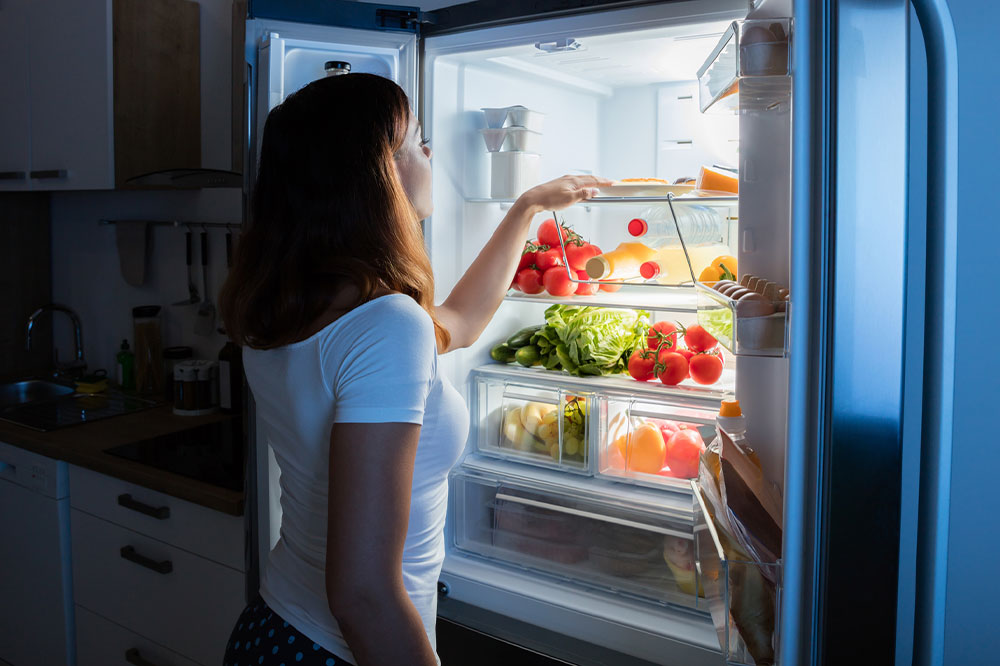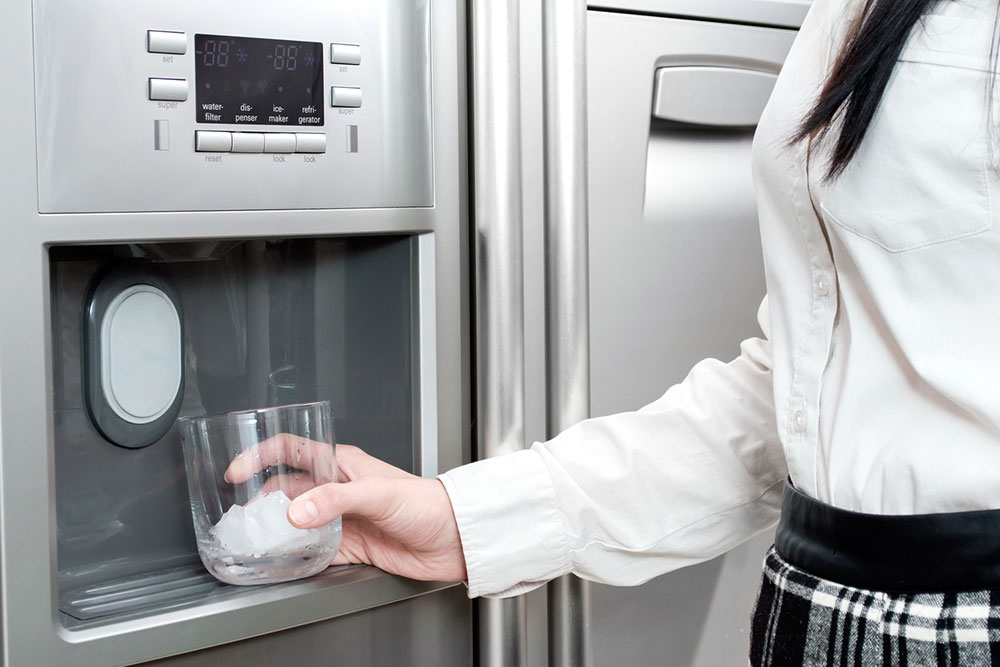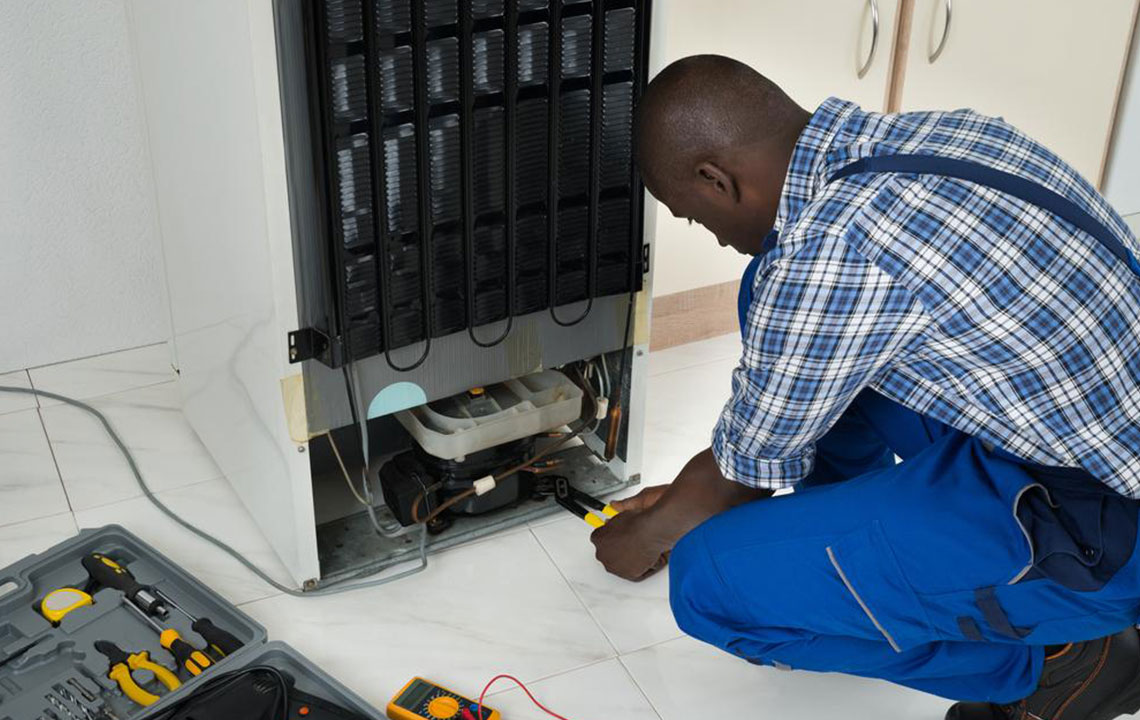Harmful effects of refrigerators on the planet
Refrigerators have become an indispensable part of our lives, and the satisfaction of getting a cold drink on a hot summer day is irreplaceable! However, did you know that while the refrigerator keeps the drinks and food cold inside, it has a massive carbon footprint that heats up the planet? Let us understand how refrigerators contribute to global warming and see if any preventive measures can be taken to lower its effects.

How does it work?
The refrigerator has refrigerants which are liquid cooling agents that change their state of matter in a continuous cycle that sucks in heat from the environment inside the room and releases this heat outside in the form of gas.
Refrigerants
Chlorofluorocarbons or CFC were the most common type of refrigerants used in fridges and even ACs, however, after extensive study and research, it was understood that these CFCs are responsible for breaking down the ozone layer. Two other new forms of less potent refrigerants were then used, called HFCs or hydrofluorocarbons or HCFCs hydrochlorofluorocarbons, which are still in use today. While these are not as harmful to the ozone layer, they are strong, intoxicating greenhouse gasses. According to a report by BBC, the cooling industry accounts for about 10% of global CO2 emissions, making refrigerators a climate calamity.
Prevention and experimentation
While the basic technology used behind the cooling system of a refrigerator is as old as 1902, countries have come together to reduce the use of these harmful refrigerants and replace them (if not entirely) with alternative refrigerants. Unfortunately, this hasn’t been a successful experiment yet, but efforts are still on. Ammonia, some hydrocarbons, and even CO2 are relatively less potent than HFCs or HCFCs, and some brands like CocaCola, PepsiCo, and even Unilever are introducing these alternate refrigerants in their products.
Complications
The alternative refrigerants are not as effective as the ones used already. However, the concern with using a substitute like ammonia is that it is highly toxic to human health if it leaks. Propane is flammable, so the risk of a product “blowing up” is high. Environmentalists and activists claim that these natural substances are still at lesser risk of destroying not just the planet but also mankind.
It is about time we make conscious choices wherever possible when buying appliances. Also, be mindful of waste disposal.




